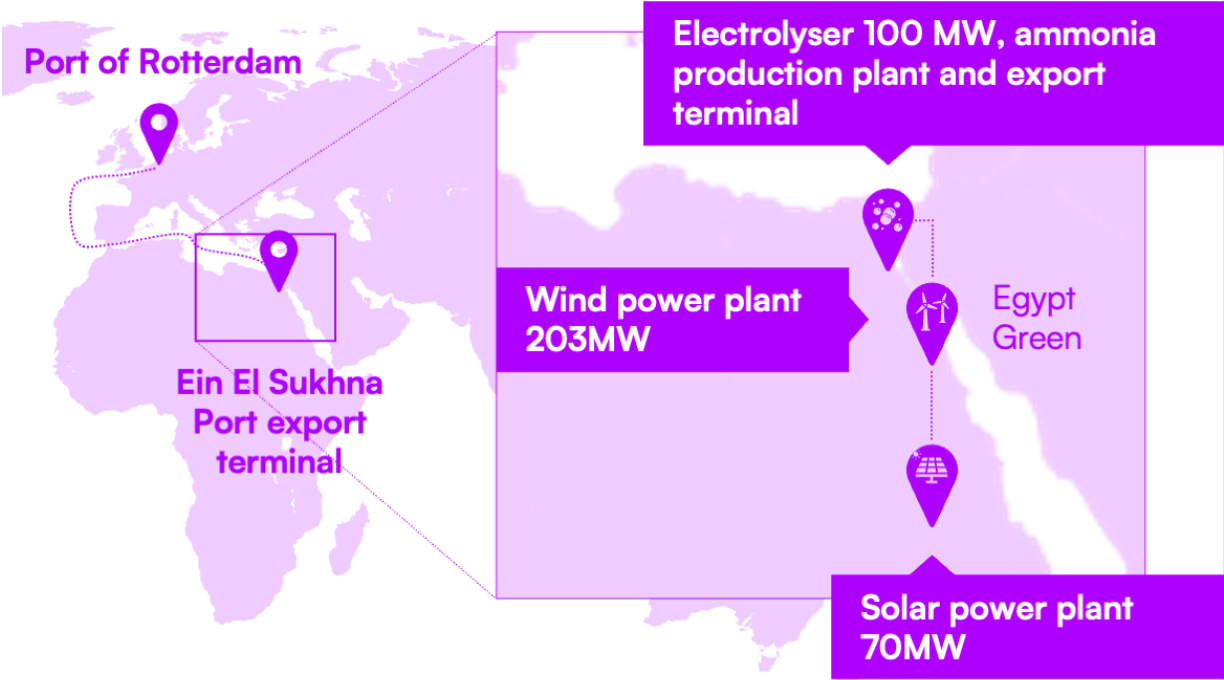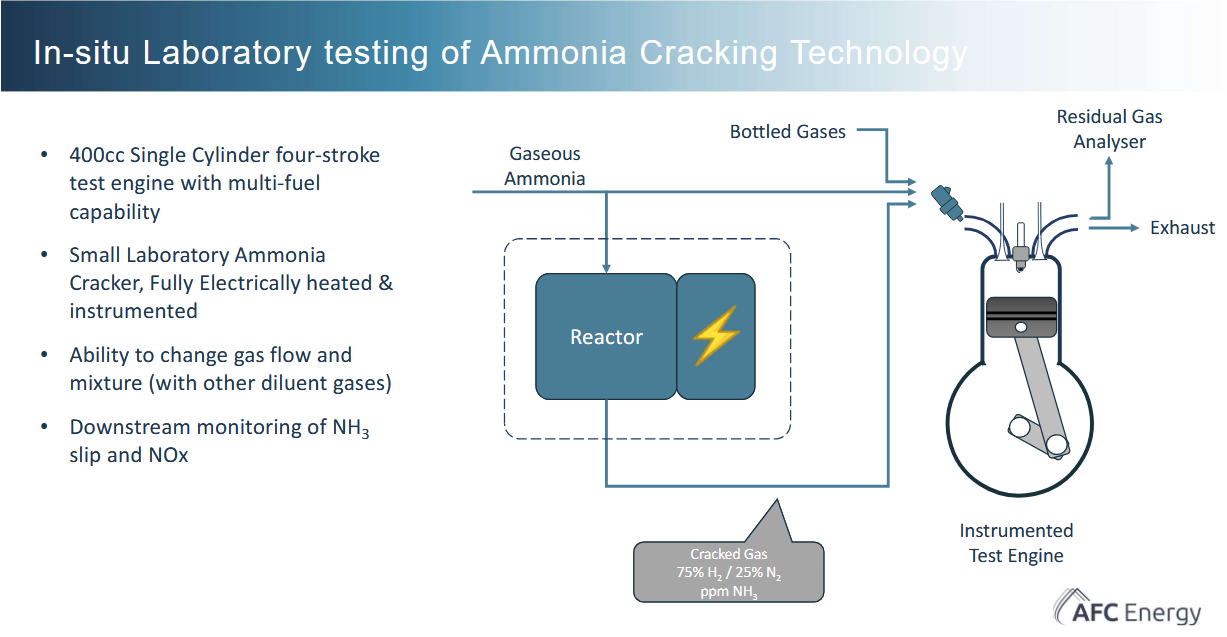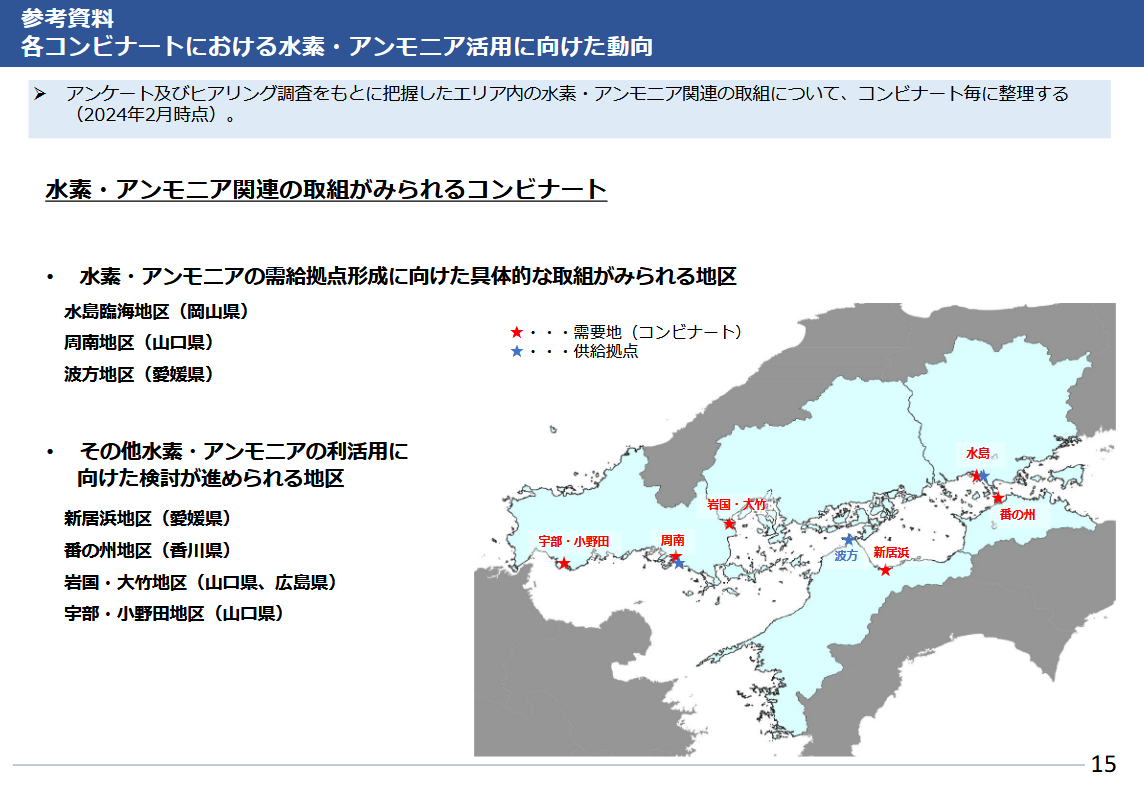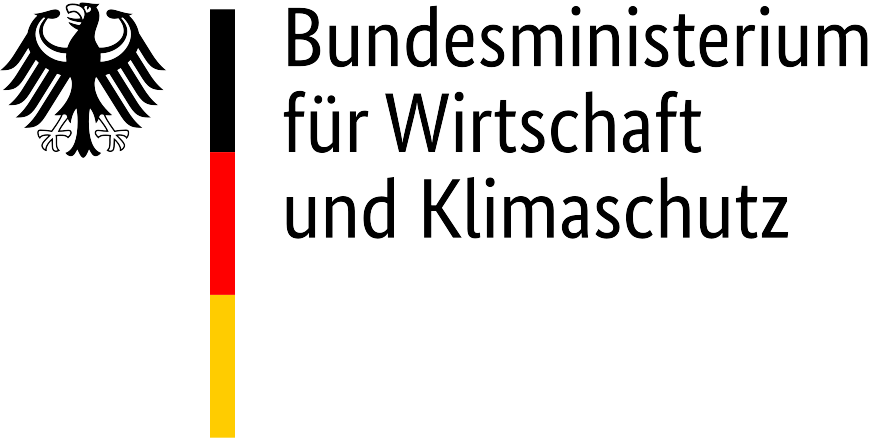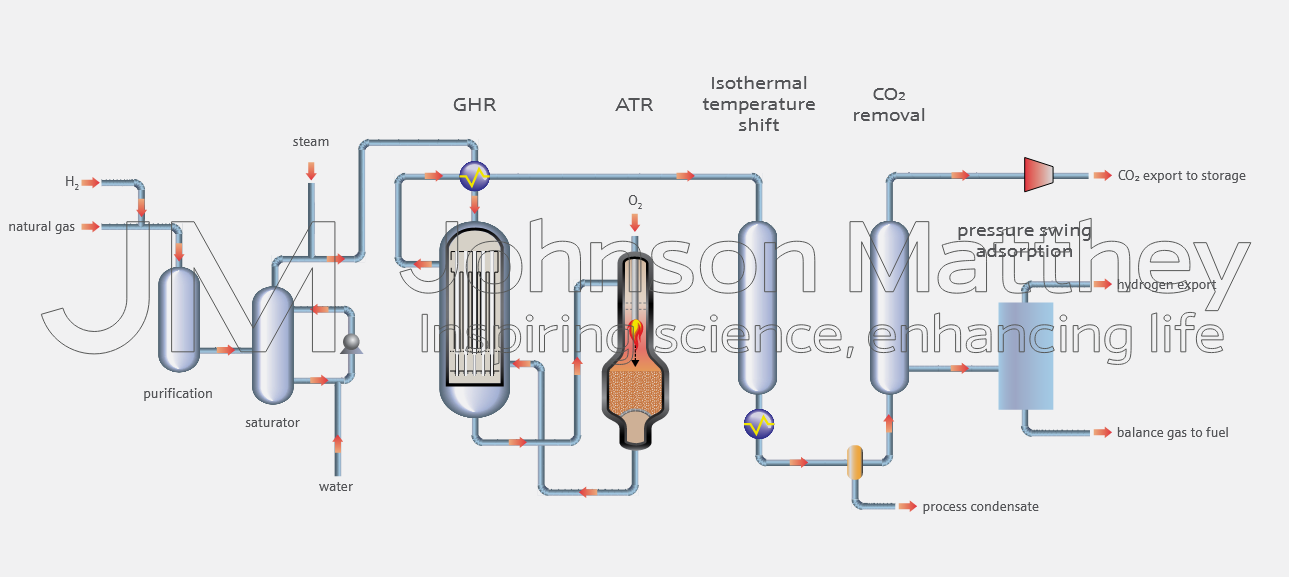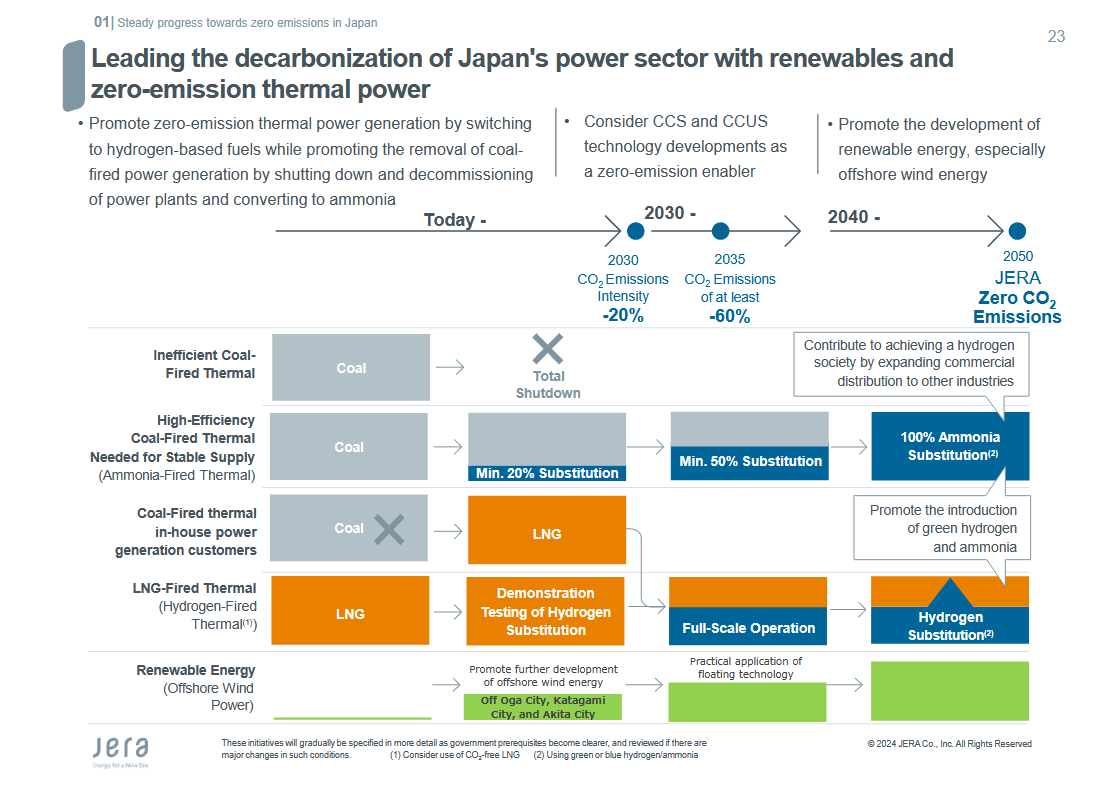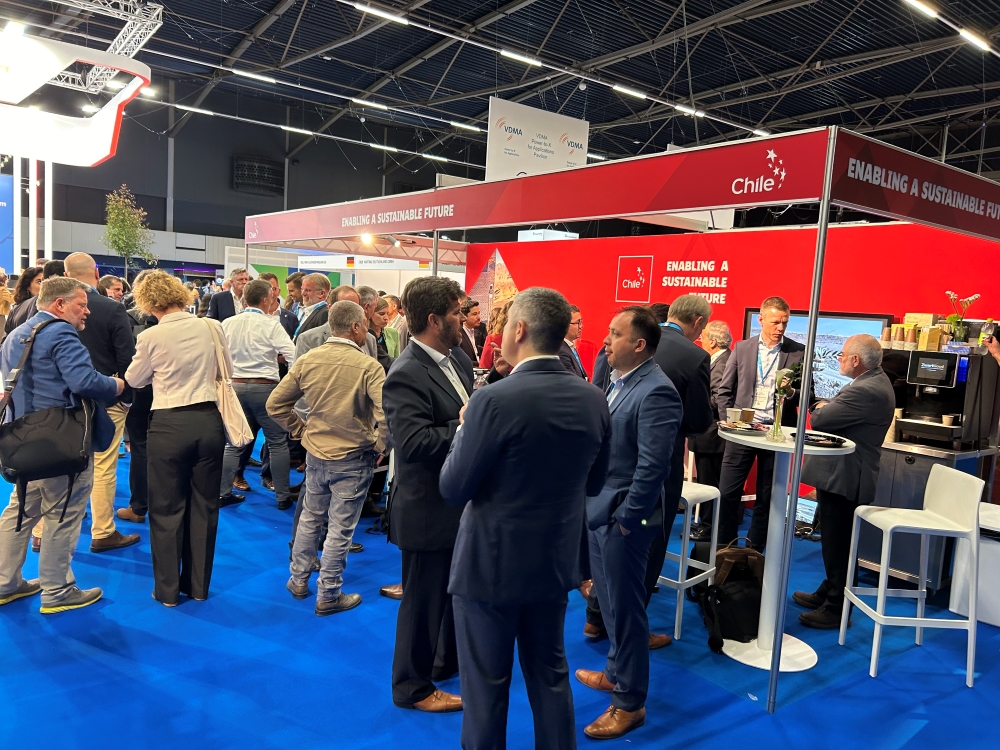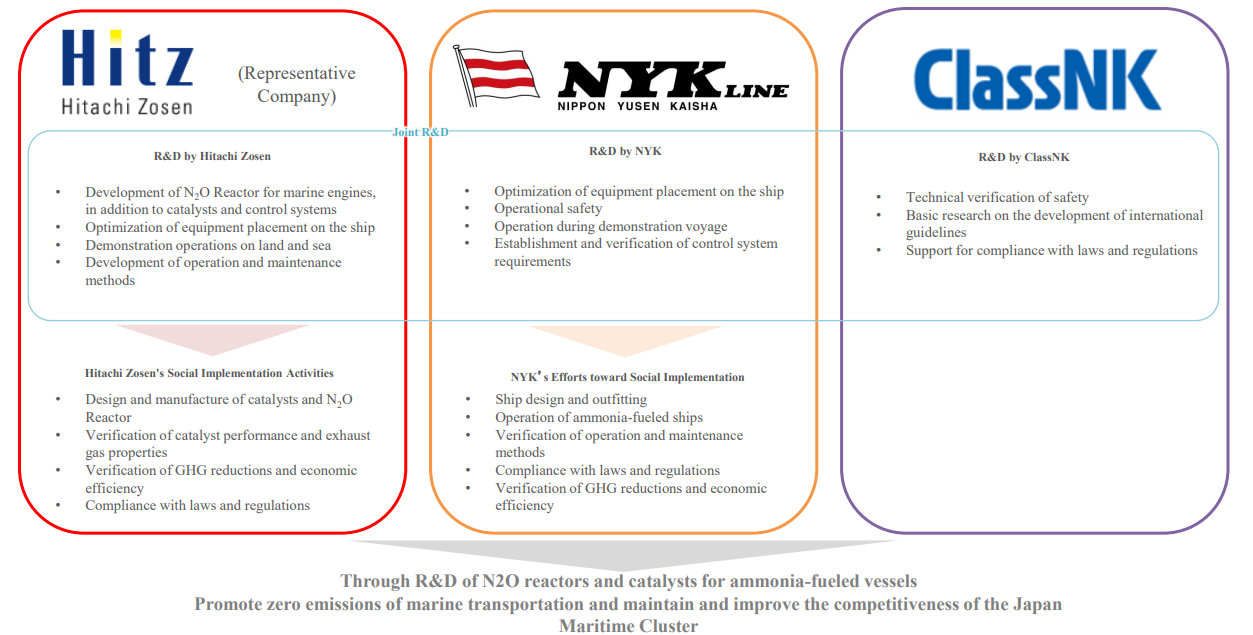Fertiglobe success in H2Global pilot auction marks milestone in renewable ammonia supply for EU
Fertiglobe has won the first H2Global pilot auction for renewable ammonia, promising to deliver 397,000 tons of renewable ammonia between 2027 and 2033. H2Global’s announcement comes at the end of a two year auction process. Following the H2Global announcement, Fertiglobe committed to a twenty-year offtake deal for renewable hydrogen feedstock from the Egypt Green Hydrogen project, demonstrating the investor certainty fostered by the auction.
